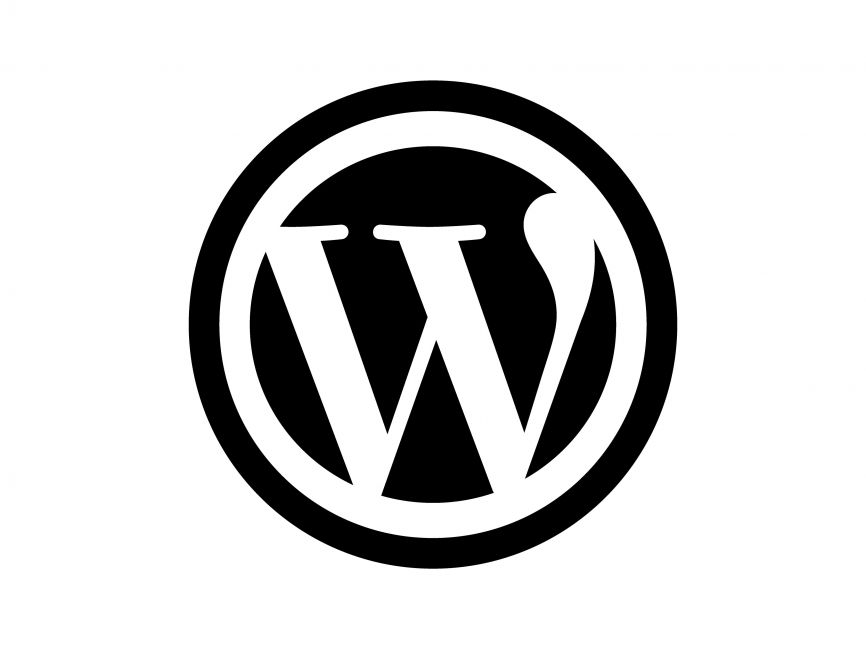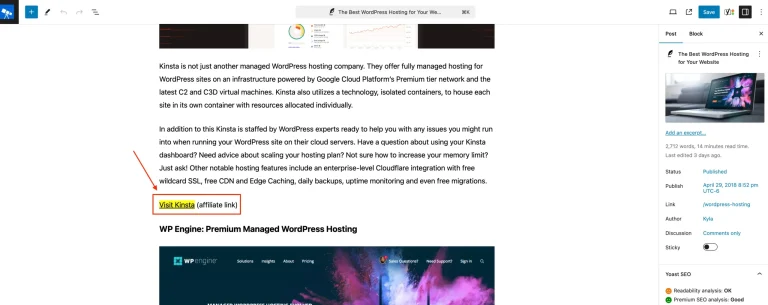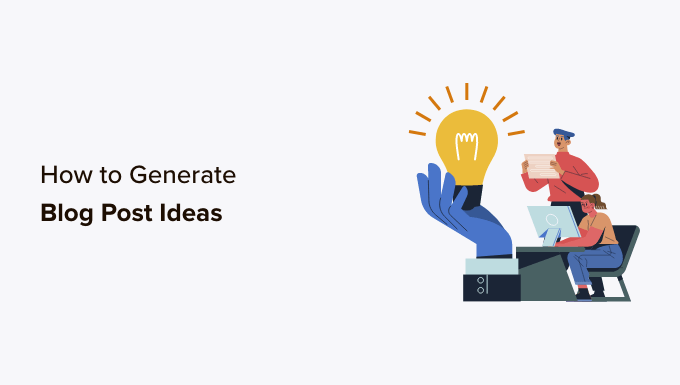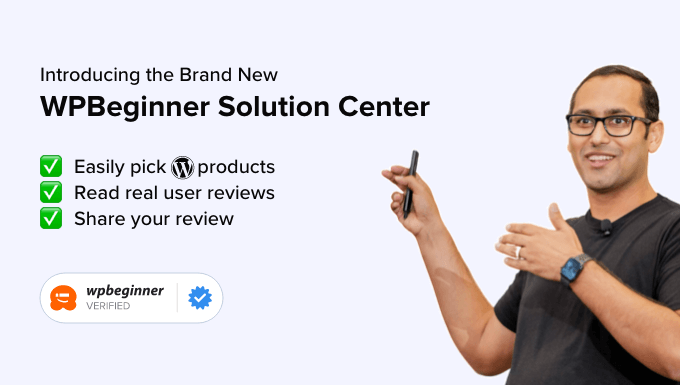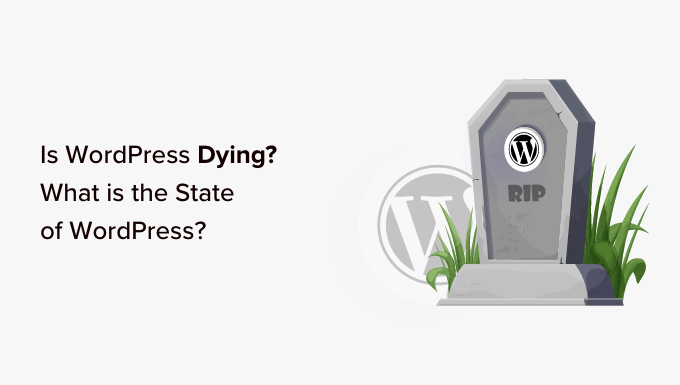NDABCREATIVITY / stock.adobe.com
Whether you’re looking for more flexibility and autonomy in your WordPress career, or are ready to turn your freelancing gig into a full-time operation, starting your own agency can be an exciting and rewarding endeavor. The tricky part is figuring out how to start a WordPress business.
Fortunately, it’s probably not as overwhelming or complicated as you might think. With the right tools and guidance, starting your own WordPress business is entirely possible.

In this post, we’ll discuss the benefits of starting a WordPress agency or business. Then we’ll walk you through how to do it in nine steps. Let’s get started!
In This Article 🕵🏼
Why You May Want to Start a WordPress Business 💼
Many WordPress designers and developers start out working for small agencies or as freelancers. However, there may come a time when you want to branch out to increase your profits.
There are many advantages to starting your own WordPress business or agency. It provides you with flexibility and freedom to work for yourself, while also enabling you to exercise more control over the products and services you provide to clients.
While you can certainly make a lucrative income as a freelance developer or designer, scaling up to running a WordPress business or agency can help you maximize your profits. You can attract prominent clients willing to pay more and employ a team of like-minded individuals to help you.
For entrepreneurs, one of the biggest concerns – and in some cases deterrents – is the cost associated with the initial investment. However, since self-hosted WordPress is open source and free, starting a WordPress business is relatively inexpensive.
Today, so many companies are moving their businesses online and therefore are in need of web design and development services. With more opportunities for web professionals than ever, now is a prime time to start a WordPress business.
[bctt tweet=”💻 As more companies move online, there are so many opportunities to start and grow your own WordPress business! #WordPress” username=”thewpbuffs”]
How to Start a WordPress Business (In 9 Steps) 🎯
Whether you want to know how to start a marketing business or are planning to launch a development agency, there are a few key elements every WordPress business needs to succeed. These nine steps will help you make sure you have all of them:
- Formulate Your WordPress Business Plan and Mission Statement
- Decide What Services to Offer
- Establish Your Branding
- Purchase Your WordPress Hosting Plan
- Create Your WordPress Business Website
- Invest in WordPress Business Tools
- Set Your Prices
- Take Care of the Legal Aspects of Your Business
- Start Promoting Your WordPress Business
Step 1: Formulate Your WordPress Business Plan and Mission Statement
Starting your own WordPress agency becomes much more manageable when you have a clear plan in place. Therefore, the first step is to decide on a mission statement for your business.
Put simply, this is a summary of your purpose, who you serve, and why. Consider the following mission statement by WordPress.org:
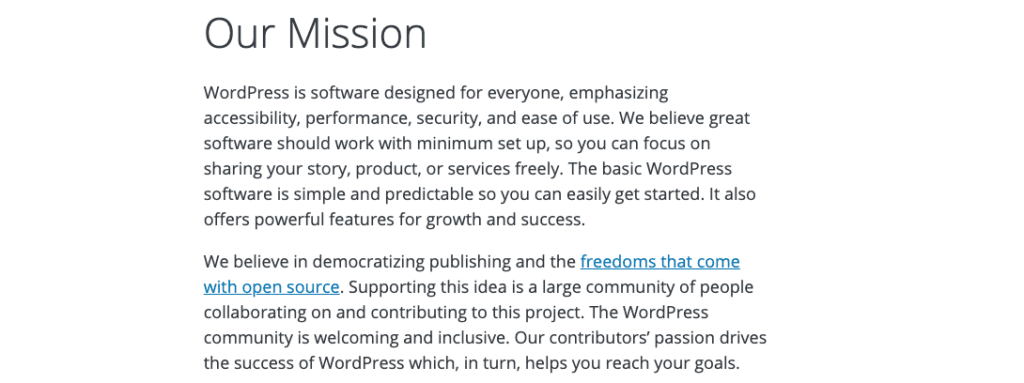
It’s also recommended that you consider both your short and long-term goals when formulating your business plan. Ironing out these details ahead of time is important because they will influence other aspects of your WordPress business, including branding, pricing, and more.
Roadmapping and setting goals for your business isn’t a one-and-done process. They will likely change over time and that’s perfectly fine. However, your business plan will act as the foundation you return to for clarity and focus moving forward.
Step 2: Decide What Services to Offer
Once you take care of the ‘who’ and ‘why’ of your WordPress business plan, you’ll be better prepared to address the ‘what’ and ‘how’. Most importantly, you need to determine what services you’ll offer to your clients.
In addition to custom web design and development services, you might also consider:
Of course, the services you offer will depend on your skills and specialties. However, keep in mind that you can also outsource certain services. For example, at WP Buffs, we offer white-label maintenance plans that you can brand as your own:
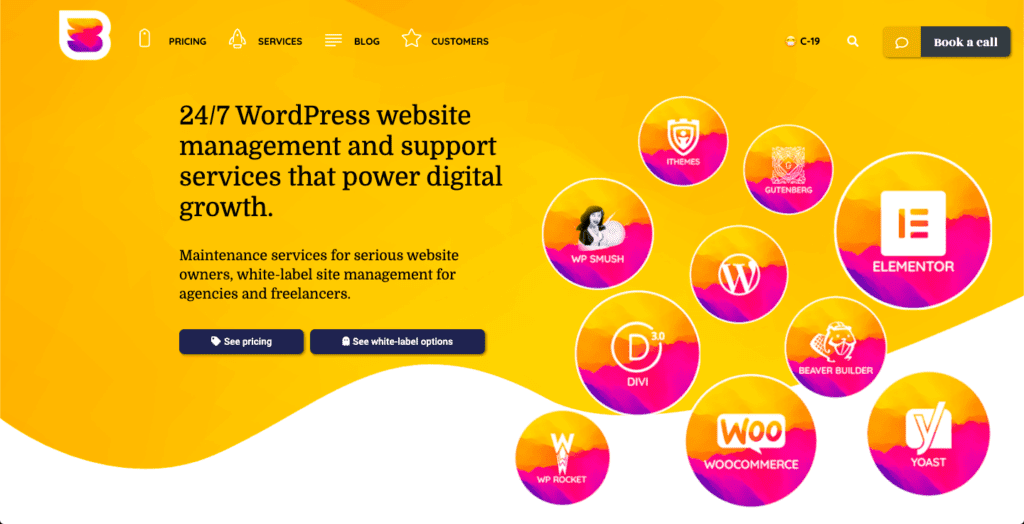
When you’re first learning how to start a WordPress business, you may not feel ready to offer a full suite of solutions. That’s okay. You can always scale up your WordPress agency and build out your services down the line.
[bctt tweet=”As a WordPress professional, there are many different types of services you can offer if you start your own business. #WordPress” username=”thewpbuffs”]
The goal right now is to consider your target audience and what essential services they need most. You might also research competitors to help you identify areas where you can stand out.
Step 3: Establish Your Branding
Creating a solid brand identity is a key step in the early stages of starting a WordPress agency. This will help you promote your business and retain clients in the long run.
Brand elements that you should pin down at this point include:
- Your brand name. When choosing a brand name, aim to keep it simple yet memorable. Consider incorporating a play on words featuring your unique strengths. For example, at WP Buffs, we’re WordPress professionals. We shortened that term to make it more playful but also hint at what our company provides to our clients.
- Your domain name. Leads and clients will come to associate your web address with your business. Ideally, yours will include your brand name. If you need some help coming up with one, you might consider using a tool such as DomainWheel. You can purchase and register a domain from popular registrars such as Domain.com, Namecheap.com, and some hosting providers.
- Your logo. This is a visual icon that will come to be synonymous with your brand name. Again, simple and memorable are key features to keep in mind. To create yours, you might use Canva, a free graphic design platform. There are also many logo generators available online, such as Looka.
- Branded social media accounts. Social media plays a huge role in brand identity these days. Platforms including Facebook and Twitter provide unique opportunities for you to connect with clients and leads, as well as shape your brand’s voice.
At this point, you may want to create a brand style guide, too. This document will contain details relating to various elements of your brand so you can keep them consistent across platforms and mediums.
Step 4: Purchase Your WordPress Hosting Plan
The next thing you’ll need to start your WordPress business is a hosting plan. If you’ve already been working as a web professional, you may have a preferred provider. You’re also likely familiar with the variety of hosting plans you have to choose from.
However, choosing a hosting solution for a single site and choosing one for your WordPress business are two very different tasks. We recommend doing research to compare companies, such as reading reviews and considering the features included in each plan.
For instance, you might look into hosts that would enable you to become a reseller and add another service to your offers. Choosing a company that provides an agency plan is also wise. Some of our favorites for web professionals include Pressable, Kinsta*, and WP Engine.
Finally, it’s important to consider not just the current needs of your WordPress business website, but future ones as well. For example, picking a starter plan might be sufficient for now. However, you may find you need to upgrade to a more robust plan as you grow and scale your business.
Step 5: Create Your WordPress Business Website
With your domain name and hosting plan purchased, now it’s time to create your WordPress business website. Chances are, this is the part of learning how to start a WordPress business that you need the least amount of guidance in.
However, we’d be remiss not to mention some of the key elements you should include on your website, aside from a responsive theme. For starters, make sure to include easy ways for clients to contact you, whether that be by phone, through a contact form, via live chatbot, or a combination of these.
It’s also smart to publish an About page. This gives visitors some background about your WordPress company, how it got started, and a brief introduction to your team. This can humanize your business and help you attract clients.
Also, be sure to strategically place your CTAs. This way, there won’t be any questions about the next steps you want a prospect to take, whether that be to schedule a consultation or purchase a product:
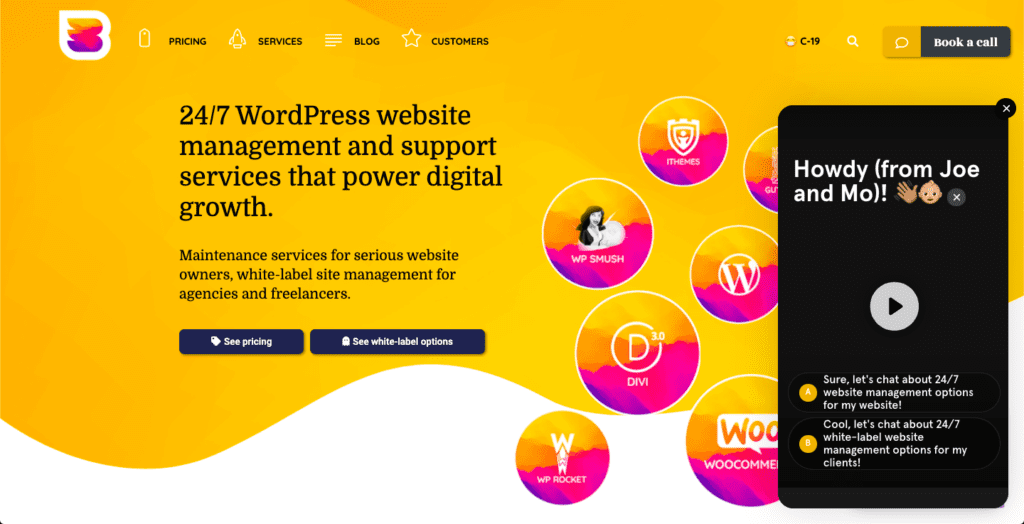
Of course, you’ll also want to include a portfolio that showcases your skills and past successes. One of the easiest ways to do this is using a WordPress portfolio plugin such as WP Portfolio.
It’s also smart to include privacy notices and terms and conditions on your website. We’ll discuss these in more detail later.
Step 6: Invest in WordPress Business Tools
With your WordPress website set up, the next step is to gather the tools and software you’ll need to help manage and run your agency. These fall into multiple categories, including business administration and project management.
For example, unless you’re hiring an accountant, it’s wise to choose accounting and bookkeeping software to help manage your business’ finances. A popular option is FreshBooks:
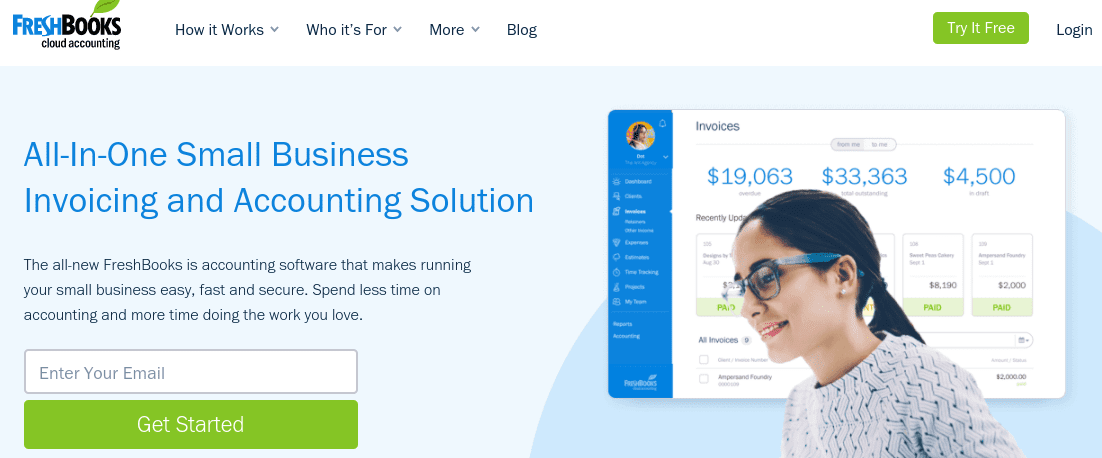
Another important tool you’ll want to invest in is one for project collaboration and management. Platforms such as Trello or Slack can make team communication and task management easier, and help projects run smoother:
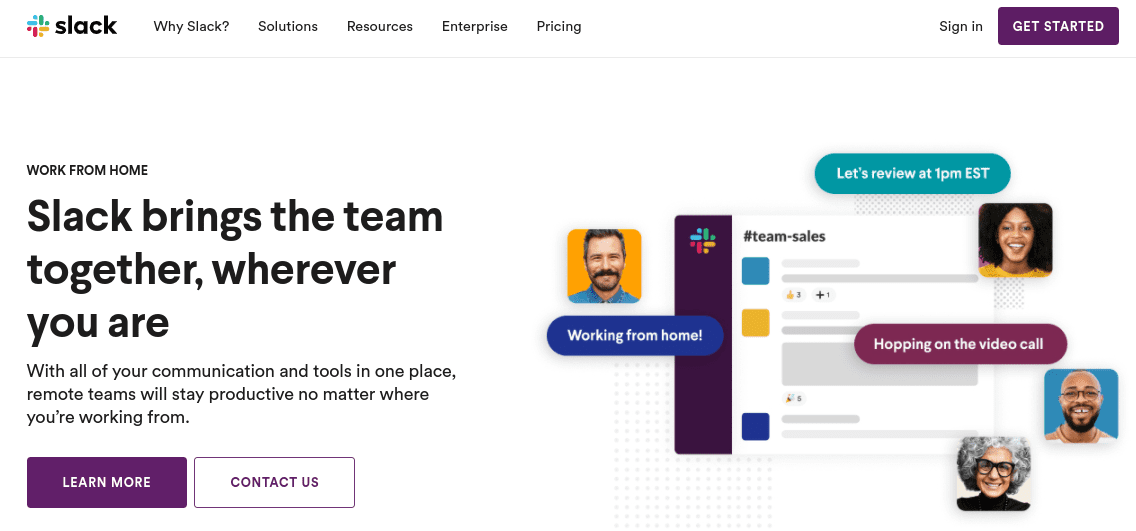
Aside from administrative and project management tools, there are some additional platforms you might need to execute your client projects. This will vary depending on the specific type of WordPress business you have, but some examples include:
Finally, consider what tools you can use that will help deliver, support, and streamline your offers. For example, as we mentioned earlier, WP Buffs offers white-label services you can use for support and maintenance.
[bctt tweet=”White-label services like ours can help you get your WordPress business off the ground fast! #WordPress” username=”thewpbuffs”]
Step 7: Set Your Prices
Determining how much to charge your clients can be a tricky step in starting a WordPress agency. If you’ve freelanced in the past, you may already have an idea of your rates and whether you prefer to charge hourly or per project.
However, if you’re new to WordPress design and development, you might be completely clueless about how much to charge. If this is the case, you might consider using a tool such as the Bonsai Freelance Rates Explorer:
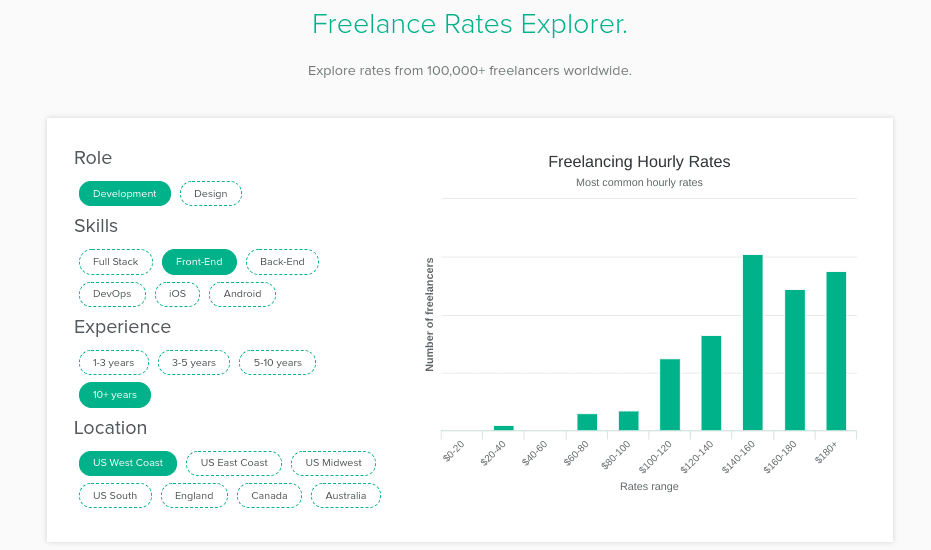
However, as an agency, there are other factors to consider beyond freelance rates. For example, you might charge a one-time fee for web design, but what about monthly packages, subscriptions, and recurring payments for ongoing services?
Also, it’s important to consider your overhead costs. The goal of your WordPress business is to make a profit, so it’s crucial to account for the costs of starting and running your business, including office space rent, employee payroll, equipment, etc.
There are plenty of online business expense calculators and tools that can help with this. For example, you might consider using one of the many available on Omni Calculator:
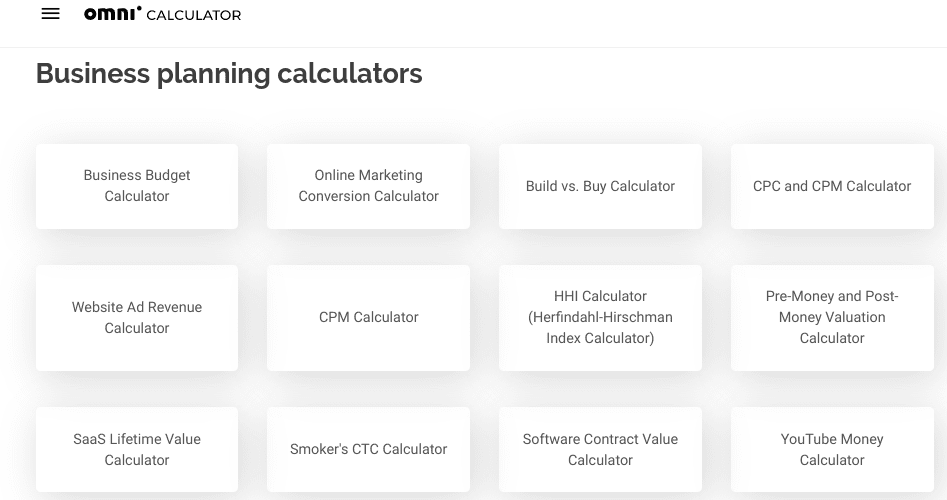
Of course, the structure that makes the most sense depends on your specific products and services. We recommend doing research to get an idea of how other WordPress businesses and agencies price their products and services.
For example, you could use a tool such as WebFX’s Web Design Project Calculator:
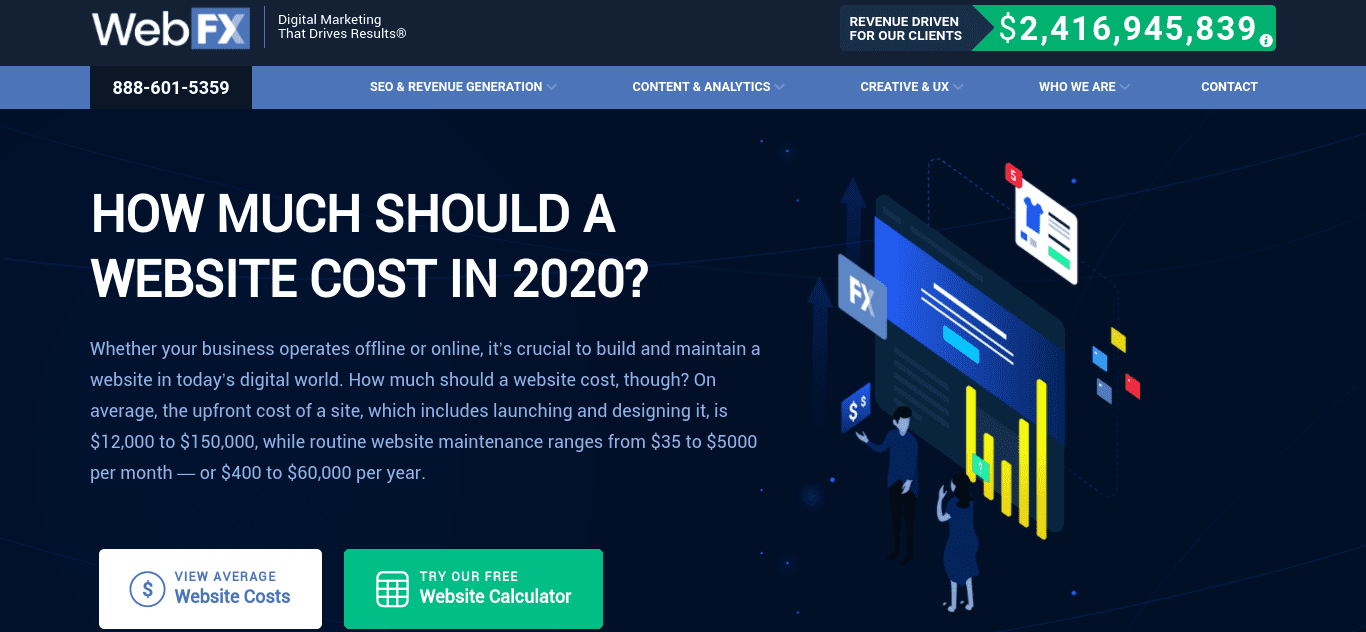
With this tool, you can see how your estimated price for a web design or development project stacks up. It can also serve as a helpful framework for tiered pricing and other elements to consider when creating plans and packages.
Step 8: Take Care of the Legal Aspects of Your Business
After you iron out your business plan and get your brand and website up and running, you’re in good shape to start looking for clients. However, before you do, it’s also important to make sure you’ve addressed the legal elements that can help protect your business.
First, you’ll want to create a client contract. This document helps manage expectations for both parties and can minimize the risk of miscommunication or, worse, legal disputes. Therefore, it’s crucial to ensure it covers all essential areas, including:
- Project scope (description of work to be completed)
- Payment terms (amount due, acceptable forms of payment, due dates, late fees, etc.)
- Ownership agreement and copyright terms (who will have intellectual property rights over the resulting content)
If you’ve never created a client contract or need help getting started, you might consider using a contract builder tool such as LegalZoom:
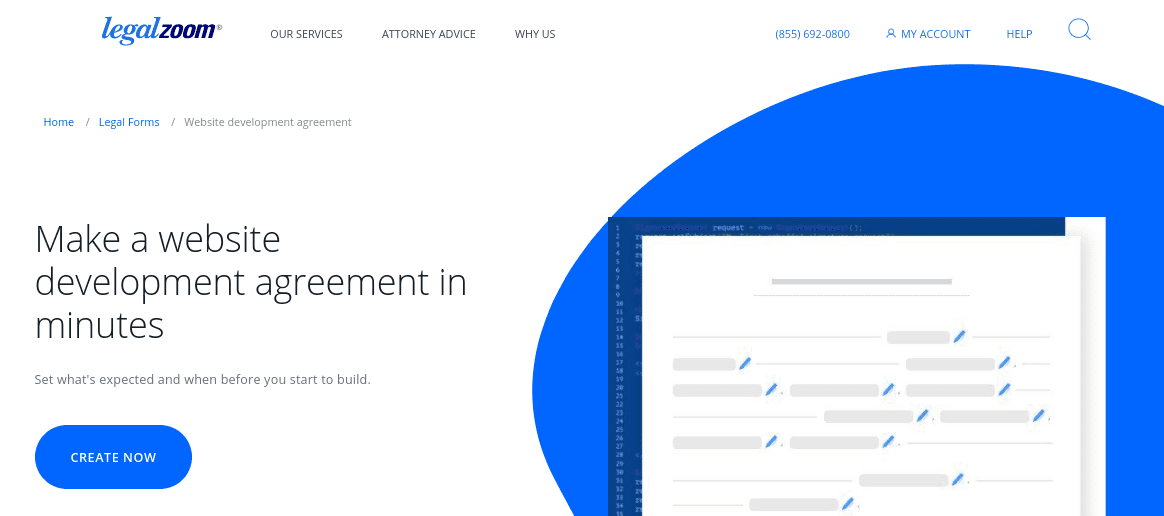
After signing up for an account and subscription plan, you can use LegalZoom to create just about any type of legal document or contract for your WordPress business. It can also help with filing your business formation and registering a trademark for your business.
If you incorporate your business, you may also want to file for your Employer Identification Number (EIN) with the federal government, as well as a state business license. We recommend consulting with an attorney to make sure you are adhering to your local requirements and guidelines.
If your website collects and stores user data, the General Data Protection Regulation (GDPR) best practice is to implement a cookie policy on your website. In some countries, it’s a requirement.
You can easily add a cookie and privacy policy notice to your website by using a plugin such as WP AutoTerms:

This plugin is free to use. Once installed on your WordPress business site, you can use it to create a privacy policy, terms and conditions agreement, and cookie policy.
Start 9: Start Promoting Your WordPress Business
At this point, you are ready to start promoting your WordPress business and sourcing clients! Of course, a steady stream of customers typically won’t happen overnight. However, there are some strategies you can use to help grow awareness about your new brand.
One is to build your social media presence on the channels where your target audience is most active. Similarly, creating a strong SEO strategy will help increase your search engine visibility and attract clients who are looking for the services you offer.
Other ongoing marketing techniques include:
- Creating email campaigns to promote services to leads
- Purchasing paid ads on Google, Facebook, or other popular platforms
- Writing guest posts for industry blogs
Which strategies make the most sense for you will depend on your target audience, the types of services you’ve chosen to offer, and your budget.
FAQs About Starting a WordPress Business 🙋🏻♂️
We hope this post was helpful in your understanding of the steps involved in starting a WordPress business. However, there are some frequently asked questions that we also want to address here.
What Do You Need to Start a WordPress Business?
If you’re experienced with design and development, you really only need a few things to get started with your own WordPress business. The basics include:
- A business plan
- Key brand elements including a name, domain, and logo
- A WordPress website and a hosting account
- Any business administration or project management tools you want to use
- Legal documents such as a privacy policy and terms and conditions
- A marketing strategy
Beyond that, the specifics of what you’ll need depend on your services and goals.
What’s the Difference Between a WordPress Business and a WordPress Agency?
The biggest difference between a WordPress business and a WordPress agency is size. A small WordPress business typically includes a team of about ten people or fewer. A WordPress agency would have more than ten people on staff.
Additionally, the services offered by a WordPress business versus an agency usually differ, which can influence the type of clients they attract. For example, a business typically specializes in a few key areas. An agency offers more robust and varied services, often incorporating other digital marketing solutions and consultation services.
How Can You Scale Your WordPress Business?
Business growth doesn’t happen overnight. It might take some time to establish your WordPress business and build a steady stream of clients. However, as this happens, you might find yourself wanting to scale your business to expand your profits while minimizing your expenses.
There are a handful of ways to do this. For example, you can create recurring revenue streams through affiliate marketing or by incorporating maintenance or web hosting into your services.
You might also consider expanding the type of products you sell. For example, you could start creating e-books, webinars, or other resources.
Wrapping Up ⌚️
Working in WordPress design and development can be a rewarding, lucrative career. However, if you’re looking for more freedom, responsibility, and control than what’s available in your current role, you might consider starting your own agency.
In this post, we taught you how to start a WordPress business in nine steps:
- Formulate your WordPress business plan and mission statement.
- Decide what services you want to offer.
- Pick a name for your WordPress business and register your domain.
- Purchase your WordPress hosting plan.
- Create your WordPress business website.
- Invest in WordPress business tools.
- Set your prices.
- Take care of the legal aspects of your business.
- Start promoting your business.
Once you create your WordPress business website and begin attracting new clients, it’s important to make sure you have the tools you need to maintain and support them. At WP Buffs, we offer Care Plans and white-label solutions that not only make managing your client sites easier but can improve your solutions and expand your offers as well!
Want to give your feedback or join the conversation? Add your comments 🐦 on Twitter!
Image credit: Unsplash.
